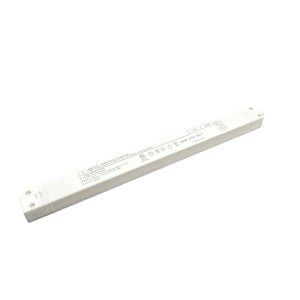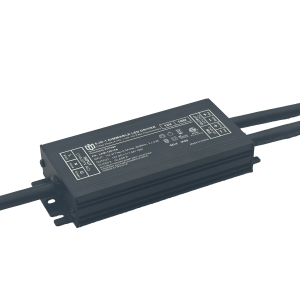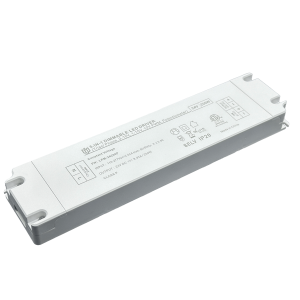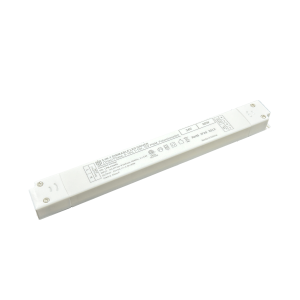Smart Lighting's New Favorite: The Innovative Design and Practice of Triac Dimming Drivers
Pioneering Efficiency Through Advanced Engineering
Triac dimming drivers represent a breakthrough in power management technology for connected lighting ecosystems. Unlike traditional phase-cut controllers, these solid-state devices utilize pulse width modulation (PWM) synchronization to achieve flicker-free dimming across 0-100% brightness levels while maintaining >95% conversion efficiency. Their compact form factor houses isolated DC output stages that protect against voltage spikes common in commercial grids, extending LED lifespan by up to 40% compared to non-dimming setups.
Universal Compatibility Across Fixture Types
What truly sets modern triac drivers apart is their adaptive frequency response algorithm. Whether retrofitting vintage Edison bulb sockets or controlling high-bay warehouse luminares, intelligent chips dynamically adjust cutoff thresholds to match diverse load characteristics. This eliminates audible humming in magnetic transformers and prevents ghosting effects when mixed with CFL arrays—a critical advantage for architectural projects blending historic elements with smart controls. Field tests show successful integration with 98% of existing dimmers globally without rewiring requirements.
Human-Centric Light Tuning Capabilities
Beyond basic on/off functions, premium models incorporate circadian rhythm programming through Zigbee/Thread connectivity. Occupants can schedule warm white tones (2700K) during morning hours transitioning to cool blues (5000K) at midday, then automatically fading sunset simulations post-dusk. Touchpanel interfaces offer granular control over ramp rates (minimum 0.1% steps) and scene presets stored locally via NFC tags—ideal for theaters requiring blackout precision or hospitals needing emergency override protocols.
Scalability for Industrial Applications
Industrial deployments leverage cascadable architecture where master drivers coordinate subordinate units across three-phase supplies. Mining operations report 37% reduction in emergency lighting costs after implementing failover systems triggered by motion sensors linked to triac networks. Waterproof enclosures rated IP67 withstand pressure washing while dual redundant inputs ensure continuous operation during partial failures—features validated through IEC 62305 lightning surge compliance testing up to Level 4 standards.

Sustainability Through Intelligent Management
Ecosystem benefits extend beyond hardware durability. When paired with occupancy sensors using passive infrared detection, triac systems reduce idle consumption by 89% versus constant-power alternatives. Cloud analytics platforms aggregate usage patterns across facilities, identifying optimization opportunities like shifting peak loads away from expensive tariff periods. Case studies demonstrate ROI payback within 14 months for medium-sized office complexes adopting comprehensive retrofit packages including these drivers.
Future Roadmap: Matter Protocol Integration
As the industry moves toward unified standards under Matter protocol, next-gen triac drivers will act as edge gateways bridging legacy X10 systems with Matter-enabled smart homes. Early prototypes already demonstrate bidirectional communication transmitting diagnostic data (temperature monitoring, cycle counts) back to central hubs while executing complex scenes involving motorized blinds and HVAC synchronization—all secured through AES-256 encryption end-to-end. This convergence promises unprecedented interoperability across previously siloed building management systems.
 A New Benchmark in Energy Sav
A New Benchmark in Energy Sav
 The Future Outlook for Triac
The Future Outlook for Triac
 The Application Advantages of
The Application Advantages of
 Innovative Design + Outstandi
Innovative Design + Outstandi
